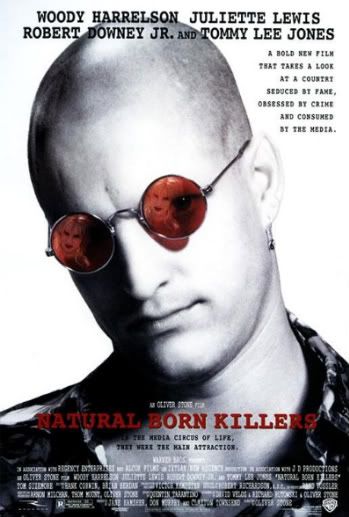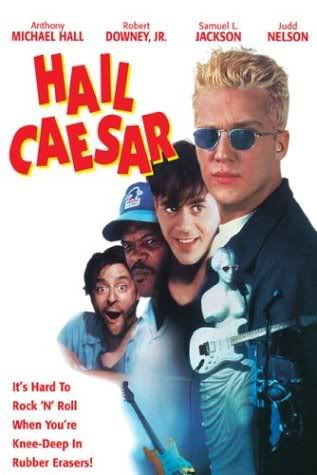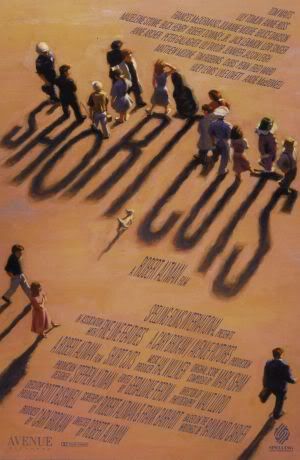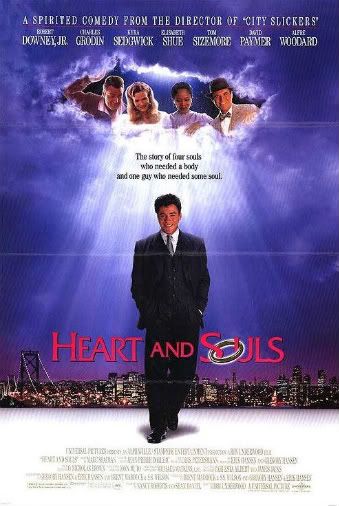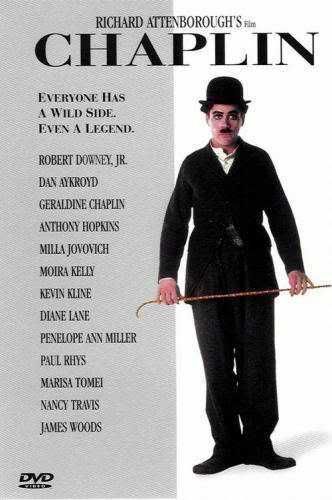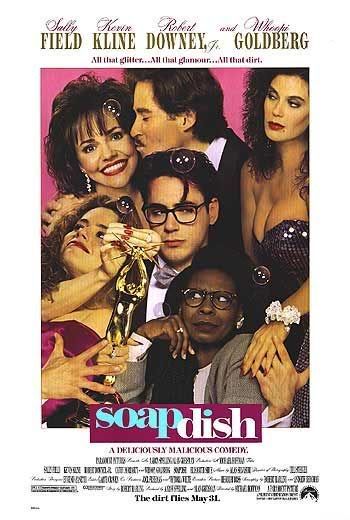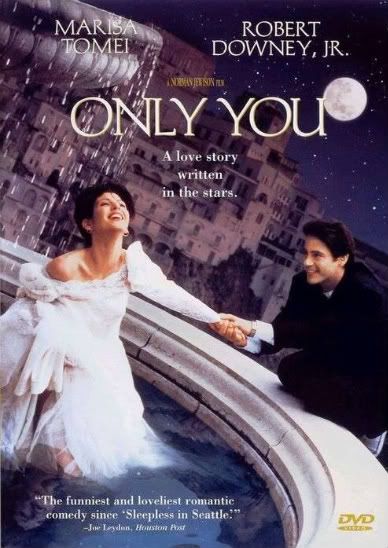
Only You
By Peter John Gardner
My stance on romantic comedies is the same as my stance on mayonnaise. It serves a purpose in the world, many people are fans, nothing against it, but it's just not my cup of tea. That being said, I went into this movie pretending that Robert Downey Jr's character was really Tony Stark and the events in this movie are what happens before Iron Man. It made the whole experience a little easier to bare.
Only You is your basic, sugary sweet romantic comedy that defies logic in order to get the two leads together. The story goes like this. When she was a little girl, Faith (Marisa Tomei) learned from a Ouija board that the man she would marry would be named Damon Bradley. Flash forward to her adulthood, Faith is about to marry another man. While she is getting fitted for her dress, Faith receives a phone call from one of her fiancee's friends informing her that he will be unable to attend the wedding because he's in Europe. His name? Damon Bradley.
So like any woman with good sense, Faith pretty much drops her wedding plans and trots off to Europe to track down Damon Bradley. It doesn't matter how much in love she is with ohwhatshisname that she's about to marry. The Ouija board guy is for real, and they're soul mates!
While chasing some stranger like a madwoman, Faith accidentally bumps into Peter played by Robert Downey Jr. Peter finds out who Faith is looking for, and introduces himself as Damon Bradley. Immediately, Faith's attitude toward Peter changes and they have a romantic night together. Well it's romantic until Peter drops the ball by telling her that he's not really Damon Bradley.
Right here, I was thinking that the message of the movie is that all guys with the name Peter must pretend to be somebody else in order to get laid.
Faith continues her search for Damon because no matter how perfect her night with Peter was, he's not her soul mate. Peter starts tagging along in her quest for Damon in a really creepy way that most women would think that it's time for a restraining order, but the movie needs him there, so he's there. The movie shows that Peter might really be her soul mate because of all the little things they have in common and what a great guy Peter really is. Eventually Faith meets Damon at a posh hotel in Italy thanks to a tip from Peter. When Damon pushes things forward a little too fast, Peter intervenes and proceeds to fight Damon. Of course we find out Damon is a fake, and Peter set up the whole thing to win Faith over. She was not amused.
Later in the movie, we find out that the name Damon Bradley was faked by one of Faith's friends on the Ouija board through an excruciating subplot involving Faith's sister-in-law. At the end, we're at an airport when Peter and Faith hear the name "Damon Bradley" being called for on one of the PAs. The two rush to see him. In the middle of the awkward conversation between Faith and Damon, Peter excuses himself to his flight. Damon realizes that Peter really loves Faith and vice versa, so he convinces Faith that Peter is really the one for her. Cue Faith running to catch up to Peter's plane where she's swept off her feet and they live happily ever after. Romantic comedy concluded.
I thought about writing something exploring whether the notion of soulmates is real or we just tell ourselves that when we meet someone that we're compatible with, but I can't overlook this atrocity to guys with the name Peter. Faith and Peter had a great night together, and she dumps him as soon as she finds out that his name is not the same as one she got from a Ouija board 20 some odd years ago. Yeah, he lied at first saying he was Damon, but that's of little importance. He just needed an "in", or else a beautiful woman like Faith would never give him the time of day.
Even after she warms up to Peter, she still doesn't want to pursue anything romantic with him. This is the story of the life of most Peters. He's a great guy, generous, funny, but a little quirky (this is Robert Downey Jr), yet Faith continues to pursue someone that may or may not exist. It's not until she meets the real Damon, who turns out to be rather average looking, that she decides she wants something with Peter. If I were Peter, my first question would be, "What changed your mind?" Does it matter? It shouldn't, but it does. This movie is really about how it's bad luck in the field of romance to have the name Peter.
